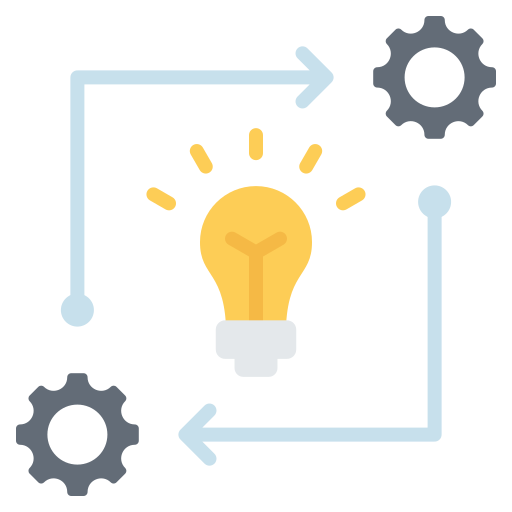Artificial Intelligence (AI) originated from the pursuit of replicating human intelligence and decision-making in machines. It began as a scientific endeavor in the mid-20th century, driven by the aspiration to develop computational systems that could mimic cognitive processes such as learning, reasoning, problem-solving, and perception. Researchers aimed to create machines that could perform tasks autonomously, adapt to changing environments, and process vast amounts of data, ultimately enhancing human capabilities and efficiency. Over time, the field of AI has evolved, giving rise to a wide range of applications across industries, from natural language processing and robotics to healthcare and finance. Today, AI continues to advance, with the goal of solving complex problems, automating tasks, and improving the quality of life for individuals and society as a whole.

